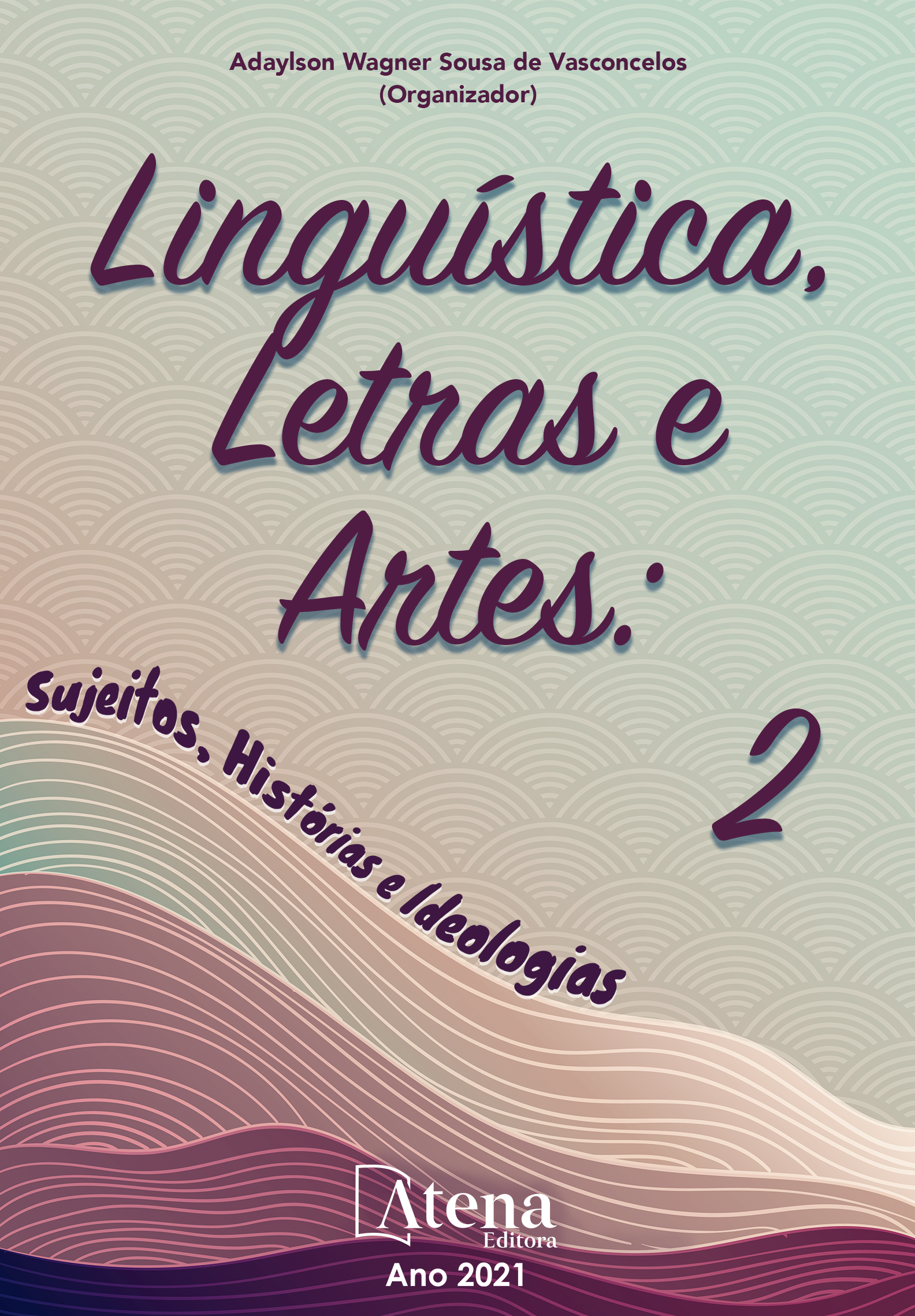
Ensinando os Tempos Verbais da Língua Portuguesa
Este texto tem por objetivo apresentar os tempos verbais do português baseando-se nas noções de tempo, aspecto e fase, permitindo ao estudante de Português aprender com facilidade os tempos verbais. Primeiro, distinguiremos a noção de tempo das noções de aspecto e fase, já que o tempo verbal é uma relação entre o tempo da situação descrita e o momento da fala, sendo concomitante, presente; anterior, passado; ou posterior, futuro (Lyons 1979: p. 677-690). Depois, apresentaremos a diferença entre os aspectos Perfectivo e Imperfectivo (Comrie, 1978: p. 16-32) e como isso determina o Pretérito Perfeito e o Pretérito Imperfeito do português, bem diferente da oposição entre o Present Perfect e o Past Simple do inglês (Comrie, 1978: p. 52-61). Em seguida, trataremos do aspecto Progressivo, cf. Comrie (1978: p, 32-40) e Leech (1979: p. 14-29), que determina uma série de formas verbais no Português, usando o gerúndio ou a expressão A + Infinitivo. Finalmente, explicaremos a relação entre as fases Retrospectiva e Prospectiva e o tempo da situação, (Palmer 1978: p. 49-55; 77-80), sendo a fase Retrospectiva anterior e a fase Prospectiva subsequente, responsáveis pelos tempos compostos do Português, pelo Pretérito Mais-que-Perfeito, pelo Futuro do Pretérito e pelas locuções verbais introduzidas pelos verbos auxiliares ter e ir. Em seguida apresentaremos as conclusões.
Ensinando os Tempos Verbais da Língua Portuguesa
-
DOI: 10.22533/at.ed.2822128041
-
Palavras-chave: Verbo em Português, Sistema Temporal-Aspectual, Tempos Verbais, Aspecto, Fase.
-
Keywords: Portuguese Verb, Temporal-Aspectual System, Verbal Tenses, Aspect, Phase.
-
Abstract:
This text aims to present the verbal tenses of Portuguese based on the notions of time, aspect and phase, allowing the student of Portuguese an easy learning of the verbal tenses. First, we will distinguish the notion of time from the notions of aspect and phase, since verbal time is a relation between the time of the situation described and the moment of speech, being simultaneous, present; anterior, past; or posterior, future (Lyons 1979: p. 677-690). After that, we will present the difference between the Perfective and the Imperfective aspects (Comrie, 1978: p. 16-32) and how this determines the Pretérito Perfeito and the Pretérito Imperfeito of Portuguese, quite different from the opposition between the Present Perfect and the Past Simple of English (Comrie, 1978: p. 52-61). Following this, we will deal with the Progressive aspect, cf. Comrie (1978: p, 32-40) and Leech (1979: p. 14-29), which determines a series de verbal forms in Portuguese, using the Gerund or the expression A + Infinitive. Finally, we will explain the relation between the Retrospective and Prospective phases and the time of the situation (Palmer 1978: p. 49-55; 77-80), being the Retrospective phase anterior and the Prospective subsequent, responsible for the Compound Tenses of Portuguese, such as the Pretérito Mais-que-Perfeito, the Futuro do Pretérito and the verbal phrases introduced by the auxiliary verbs Ter and Ir. Closing the article, we will present the conclusions.
-
Número de páginas: 14
- Afrânio da Silva Garcia


